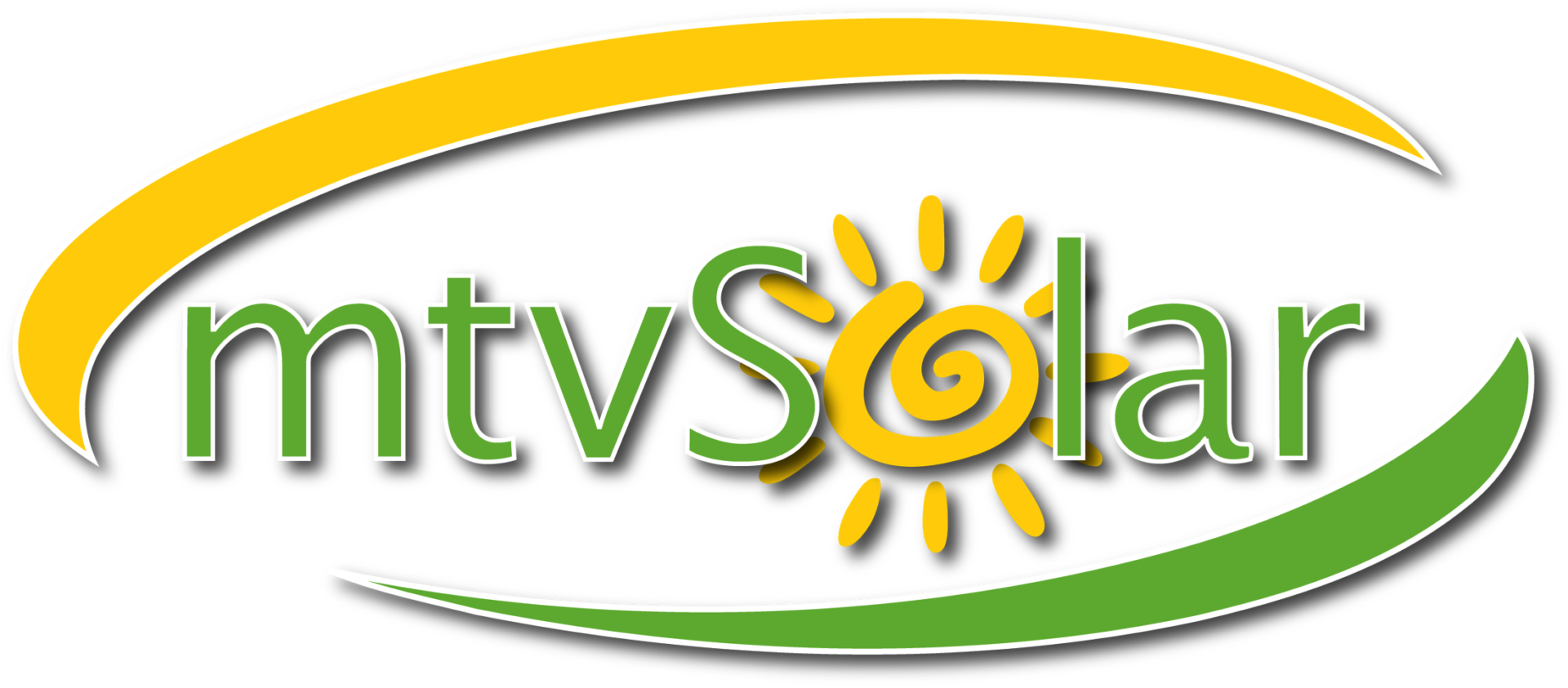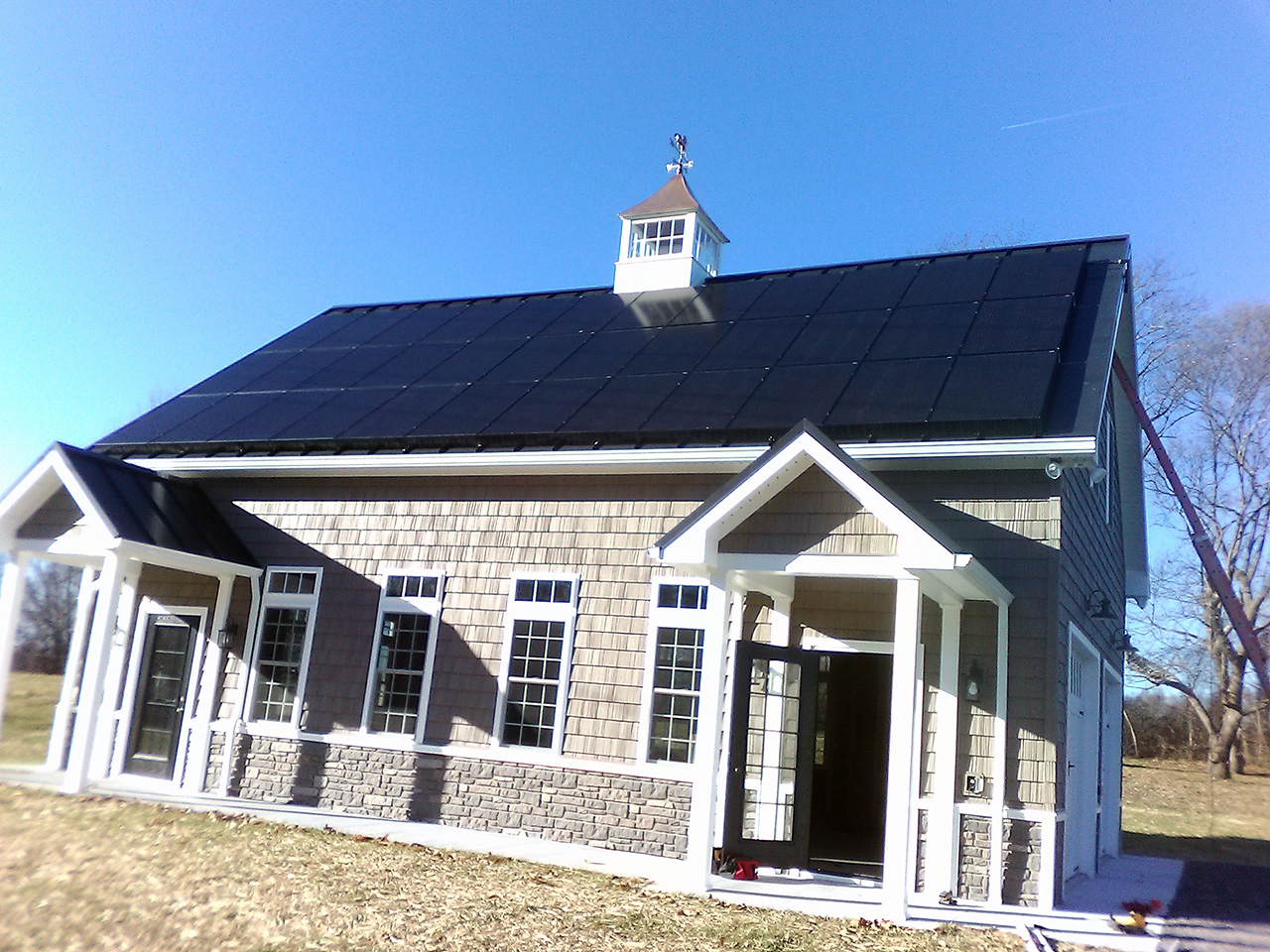 If you are a home or commercial property owner looking for a way to save on energy bills, while at the same time promoting environmental sustainability, have you considered a solar system?
If you are a home or commercial property owner looking for a way to save on energy bills, while at the same time promoting environmental sustainability, have you considered a solar system?
While most people are quick to praise the eco-friendly aspects of a solar installation, many wonder about the financial consequences of such a decision. Is solar energy truly affordable? Are there any financial incentives to purchase and install solar equipment? What does the return on investment for a solar system look like?
The following 4 points highlight some reasons why many homeowners have decided to go green and switch to solar; not only for the environment’s sake, but for their wallet’s sake too!
1. Falling Costs
Solar systems are becoming more and more cost-effective every year. In 2010 the energy costs for a solar system averaged about$7.24per watt. As of January 2018, the average costs only came out to$3.08per watt; and that’s not including Federal incentives that lower the costs even further!
Contractors are building solar farms with offtake contracts at4 cents per kWh, which is less expensive than the marginal costs of other, more traditional energy sources, such as coal, gas, or nuclear.
What about commercial properties? Studies have shown that the average commercial property owner in the United States could potentially cut energy costs by75% by switching to solar. In fact, “the average commercial property owner paid $1,950 in monthly electric bills before going solar in their operations. They paid just around $500 after installing solar energy systems.”
Clearly, falling costs and long-term savings offer a huge incentive to property owners who are thinking about installing a solar system. However, there are additional financial benefits to making the change.
2. The Solar ITC
The solar investment tax credit, or ITC, was first established in 2006. Since then, the United States has enjoyed 59% compound annual solar growth. What is the solar ITC?
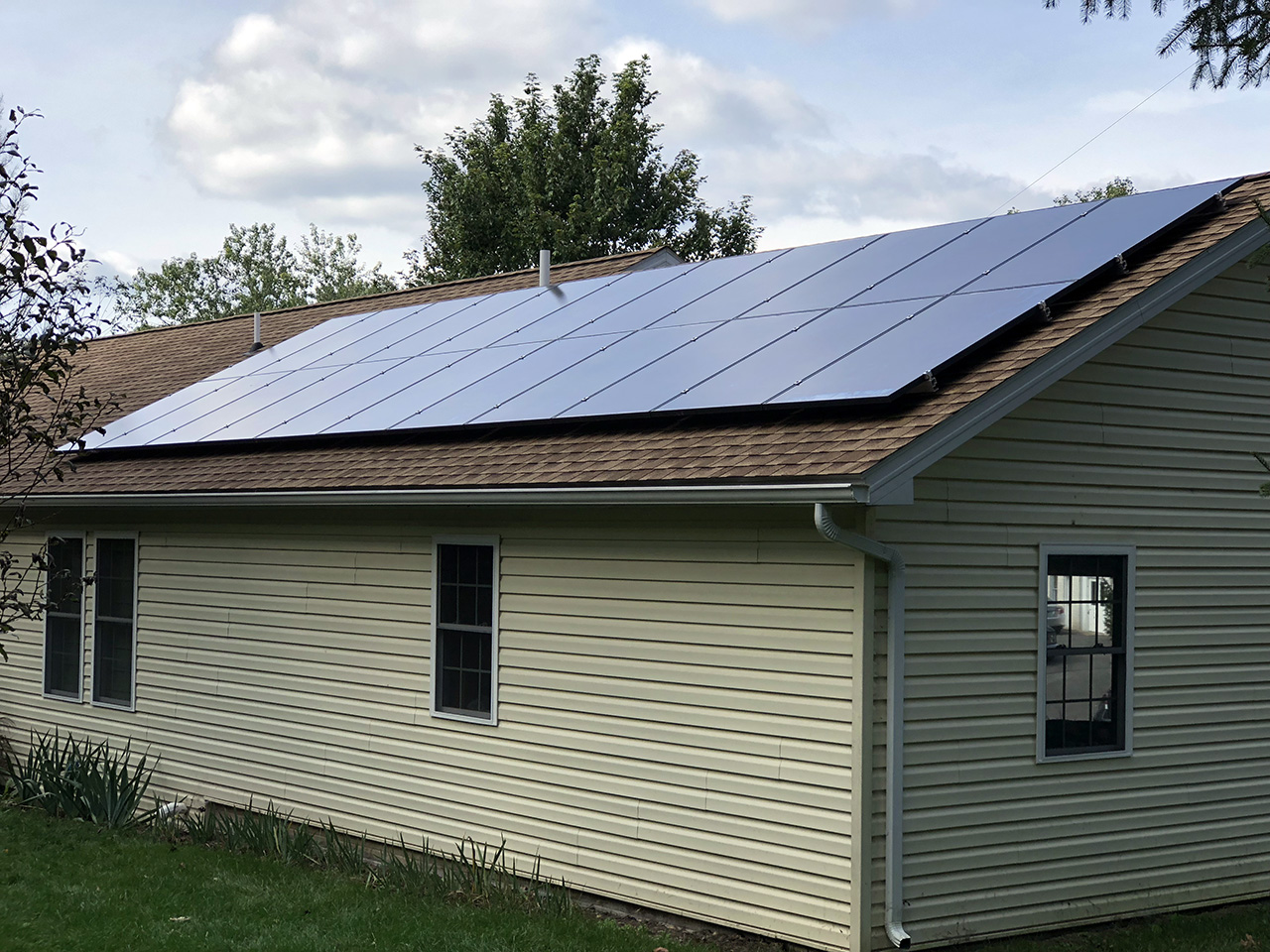 According to the Solar Energy Industries Association, the ITC is “currently a 30 percent Federal tax credit claimed against the tax liability of residential (Section 25D) and commercial and utility (Section 48) investors in solar energy property.” In other words, this tax credit allows an owner of a solar system to deduct 30% of the cost of installing the system from his or her federal taxes.
According to the Solar Energy Industries Association, the ITC is “currently a 30 percent Federal tax credit claimed against the tax liability of residential (Section 25D) and commercial and utility (Section 48) investors in solar energy property.” In other words, this tax credit allows an owner of a solar system to deduct 30% of the cost of installing the system from his or her federal taxes.
While the ITC will still be in effect in years to come, 2019 is the last year when homeowners can claim the full 30% allowed by the credit. Even if you don’t expect your tax burden to be high enough to reap the full benefit of the 30% credit rate, the IRS will allow you to “roll over” the unused remainder of your tax credit to the following year. Because of these factors, many homeowners are considering going solar before the end of the year, to get the most bang for their buck.
3. Financing Options
Some homeowners are understandably concerned with the upfront costs of a solar system installation. For instance, in California the average cost of installation, after the Federal tax credit, would come to $9,415.
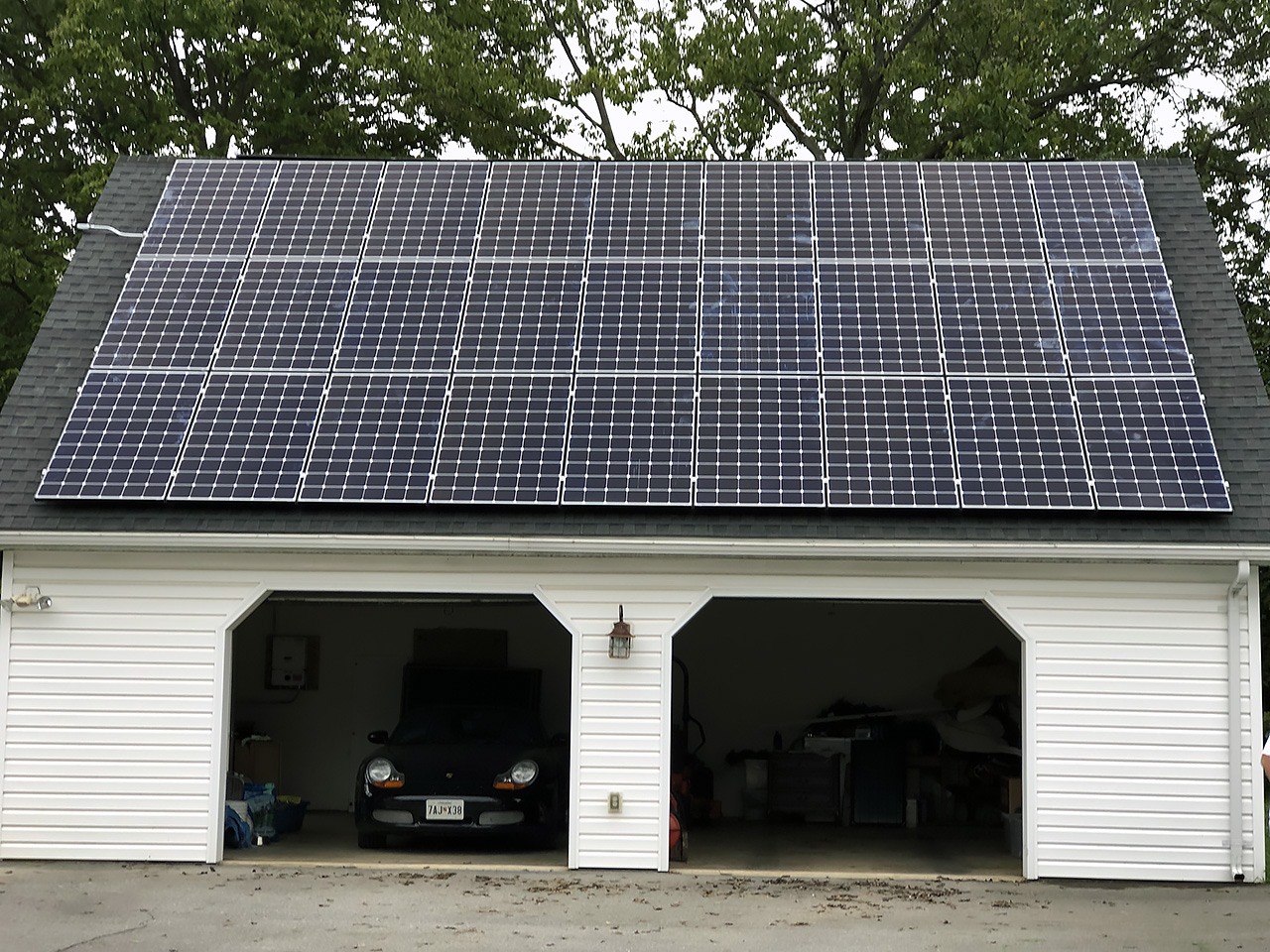 However, it should be noted that there are many financing options available for homeowners. Sometimes these involve monthly payments that are actually less than the monthly savings on the energy bill.
However, it should be noted that there are many financing options available for homeowners. Sometimes these involve monthly payments that are actually less than the monthly savings on the energy bill.
Homeowners who want to finance their solar system must first of all decide whether they will buy or lease the installation. Generally, Mountain View Solar recommends buying as the preferred option.
If you decide to move forward with financing your purchase, what are the next steps that you’ll need to take? Similar to taking out a mortgage or using a home equity line of credit, you will basically need to apply for a loan that is either secured by your property or the solar equipment itself. Of course, the loan will come with a specified repayment term and interest rate. mtvSolar has loan partners that make this process easy.
History shows that on average, a solar installation will usually pay for itself within about 10-12 years. Premium solar panels have a service life of 40 plus years. That means that in the long run you could gain about 30 years’ worth of “free” energy from installing your solar system! Such an investment is certainly worth consideration.
4. Other Financial Factors
There are other financial considerations that may encourage you to take the leap to solar energy.
- Increased property value.If you own your solar system, instead of leasing it, then it will increase the value of your property significantly. In fact, the Federal Housing Administration (FHA) mandates that appraisers factor solar systems into their estimate of property value. The Federal Office of Energy Efficiency and Renewable Energy has found that PV [photovoltaic] consistently adds value across a variety of states, housing and PV markets, and home types.
- SRECs.Solar Renewable Energy Certificates are used by certain states, such as Maryland and Pennsylvania, to further incentivize solar installations. Homeowners can sell SRECs through intermediaries in the public energy marketplace. While the value of these has been low for a few years now, they are starting to recover.
- Monthly ROI. One of the biggest reasons for installing a solar system in the first place is the monthly energy bill savings. Those raw savings could range from $44 per month with a smaller system to nearly the total of the years electricity bills combined!
- Insurance coverage. Homeowners insurance companies generally treat solar installations as permanent additions to your house, and recognize them as improvements. The actual cost to add the array to your policy is fairly small.
Choosing a Reputable Installer
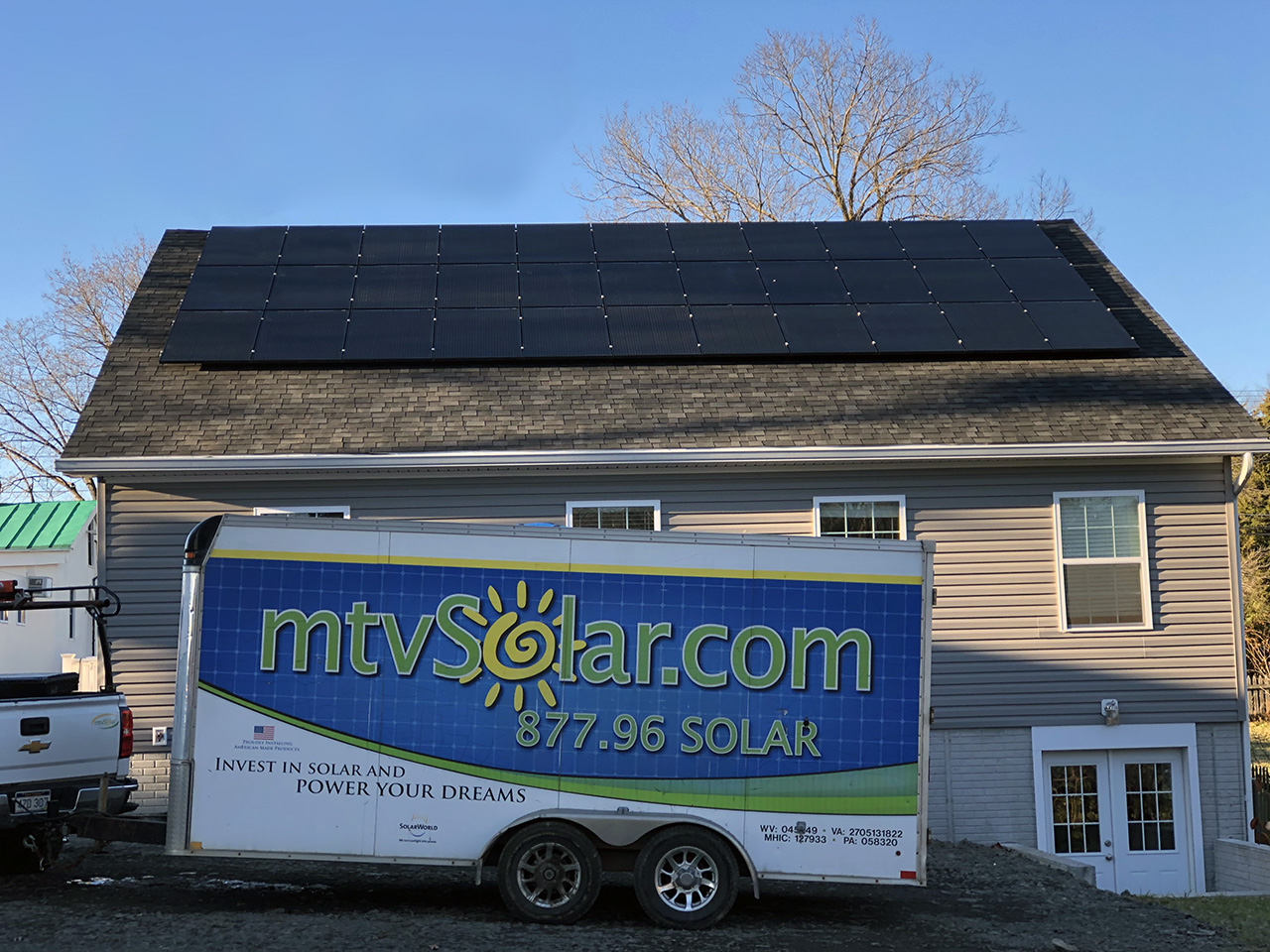 The above 4 points demonstrate that solar systems can be both affordable and profitable in the long run. Of course, to reap the maximum benefits from your solar installation, you need to ensure that your installer is reputable, fully qualified, and highly experienced. There are some important questions to ask your contractor before signing a contract.
The above 4 points demonstrate that solar systems can be both affordable and profitable in the long run. Of course, to reap the maximum benefits from your solar installation, you need to ensure that your installer is reputable, fully qualified, and highly experienced. There are some important questions to ask your contractor before signing a contract.
At Mountain View Solar, we have been installing solar energy systems since 2006, and have become not only one of the largest solar installation companies in the US, but by far West Virginia’s most successful PV integrator. We are committed to enabling homeowners near and far to use solar energy. We want everyone to experience the financial benefits, energy independence, and environmental stewardship that comes with solar installations. If you’d like to learn more, reach out to us at Mountain View Solar today for a free, zero-pressure estimate.

